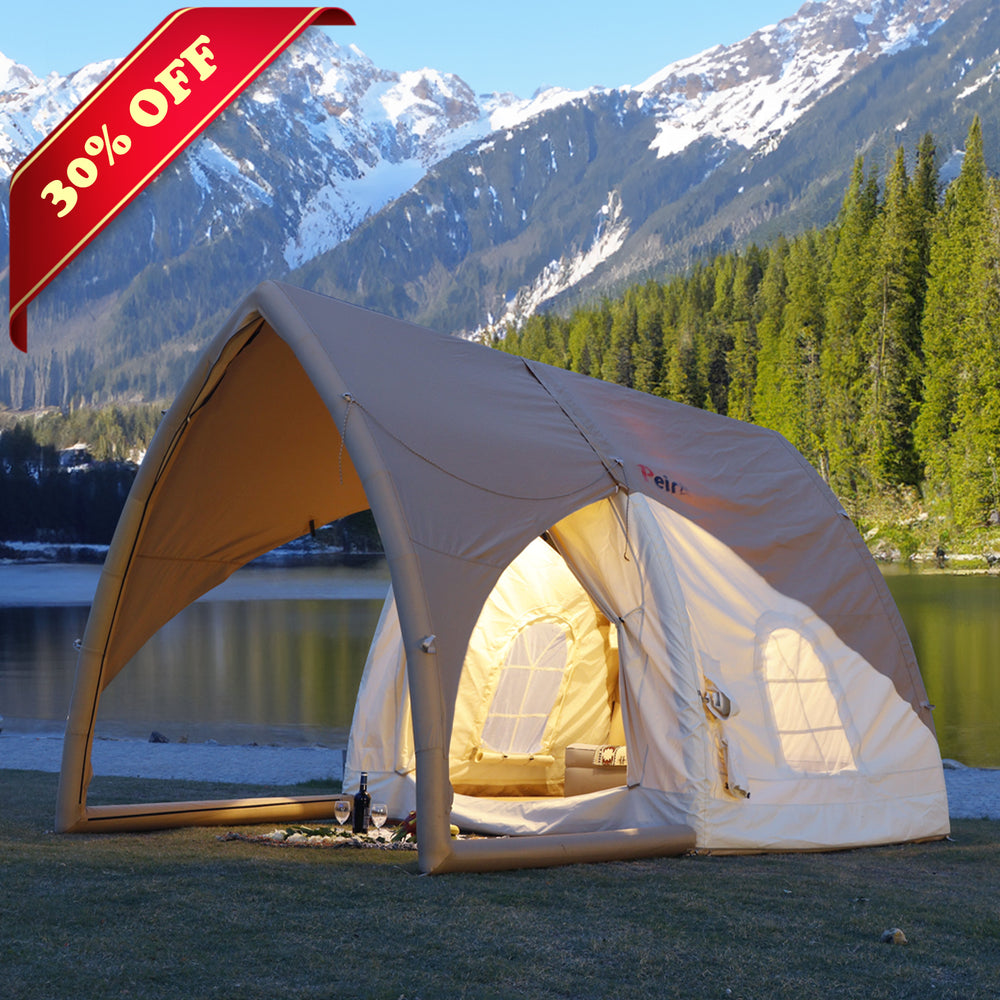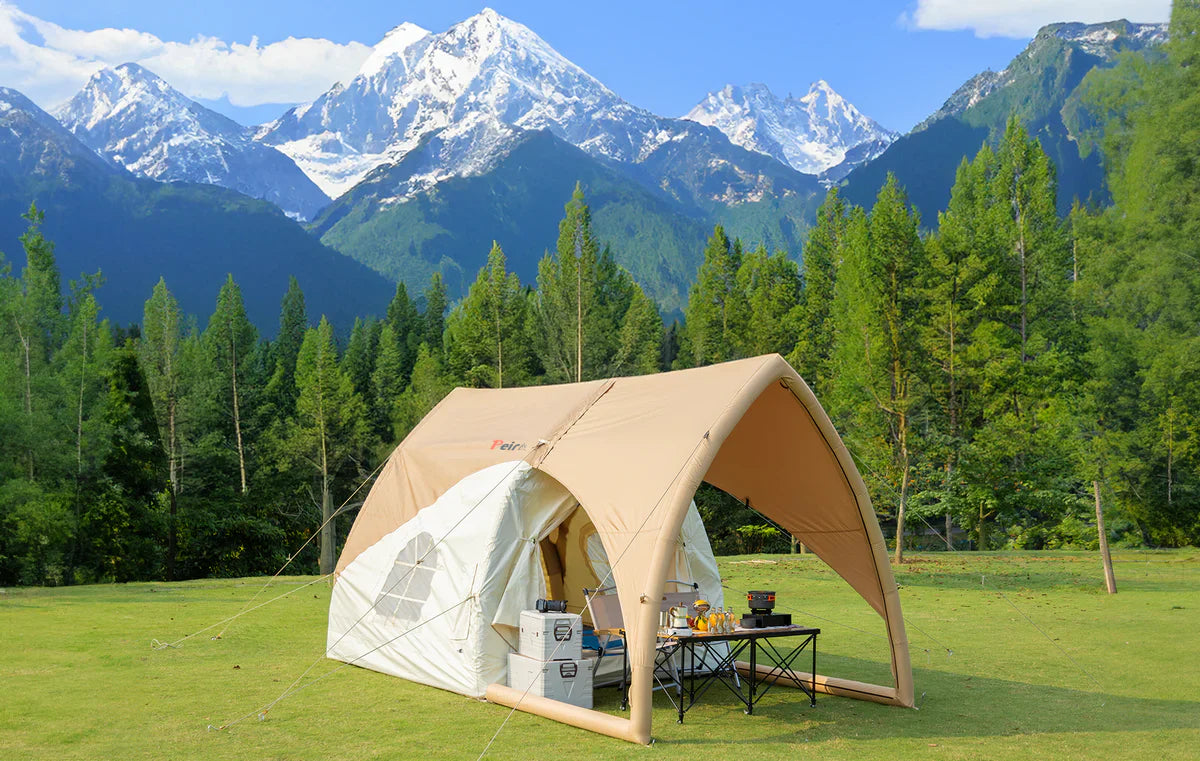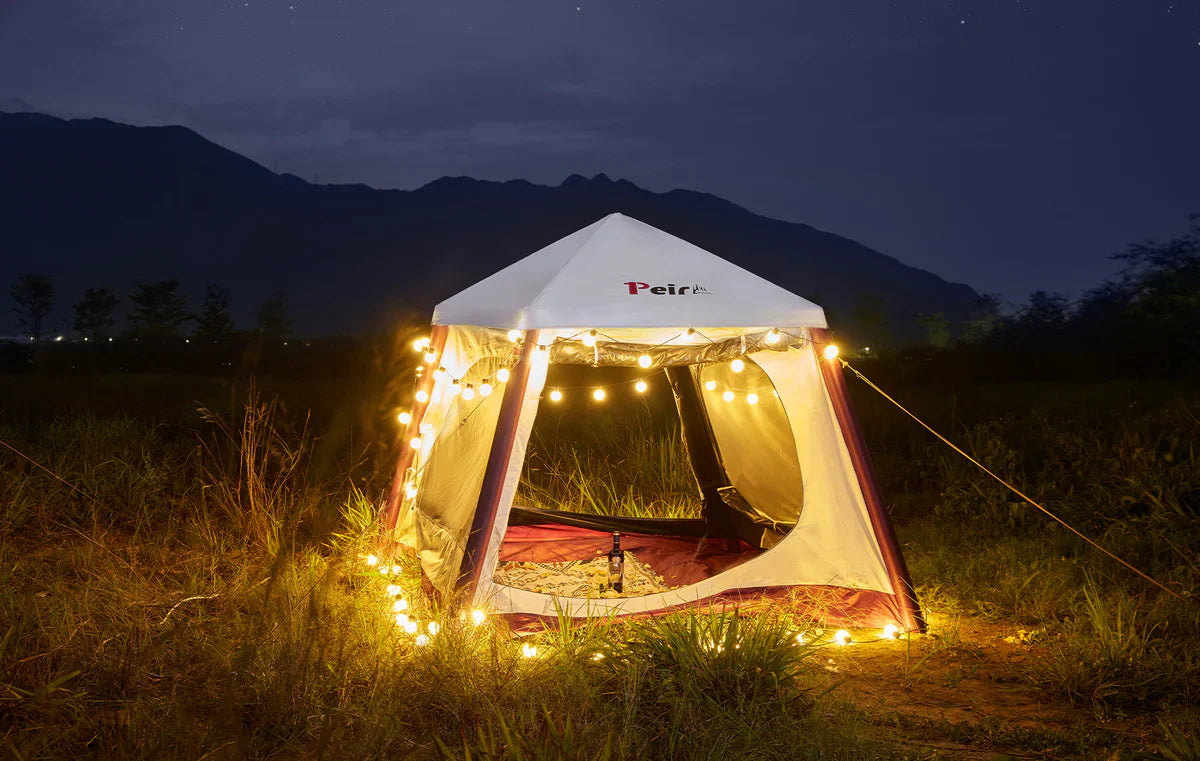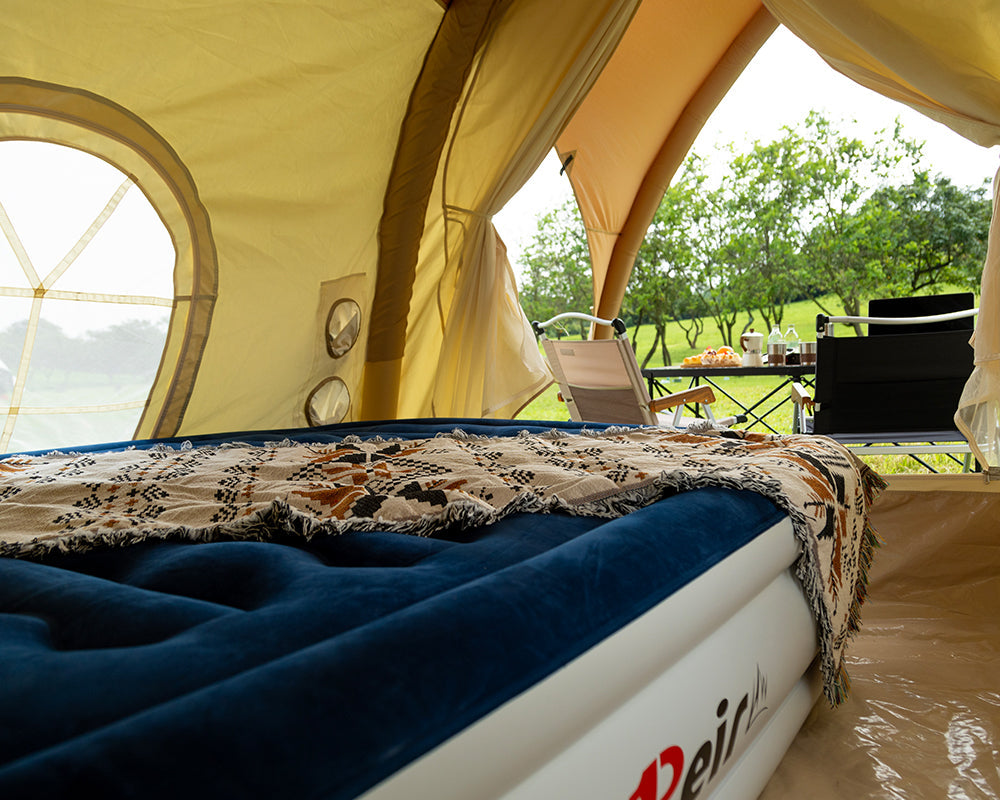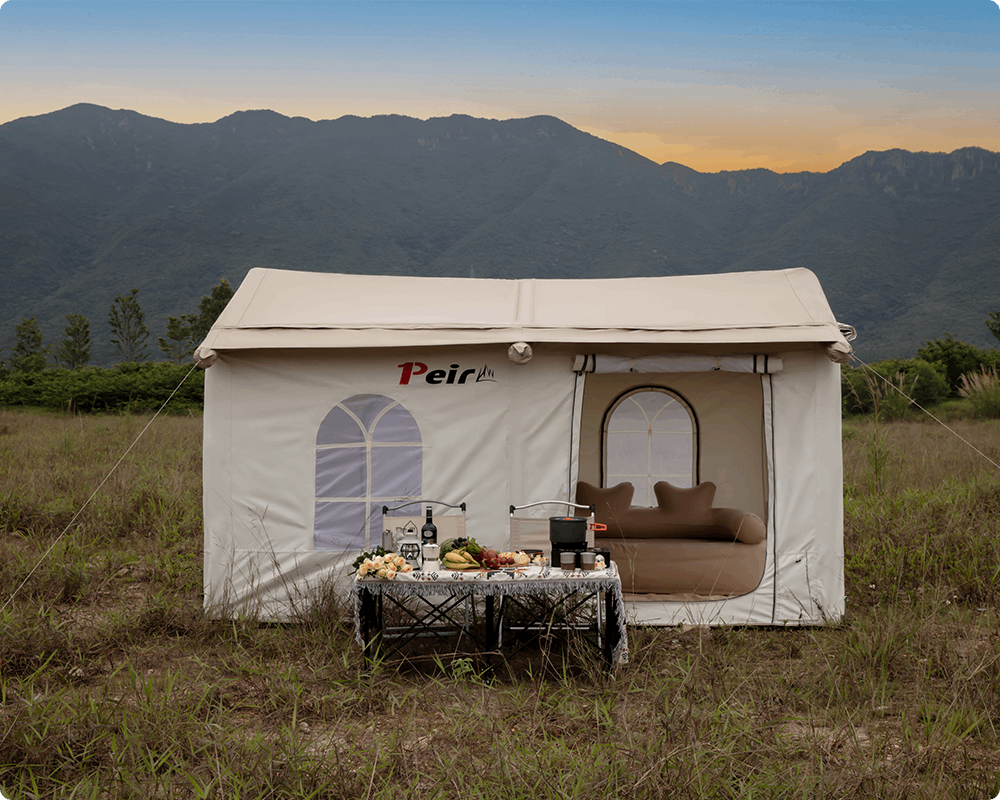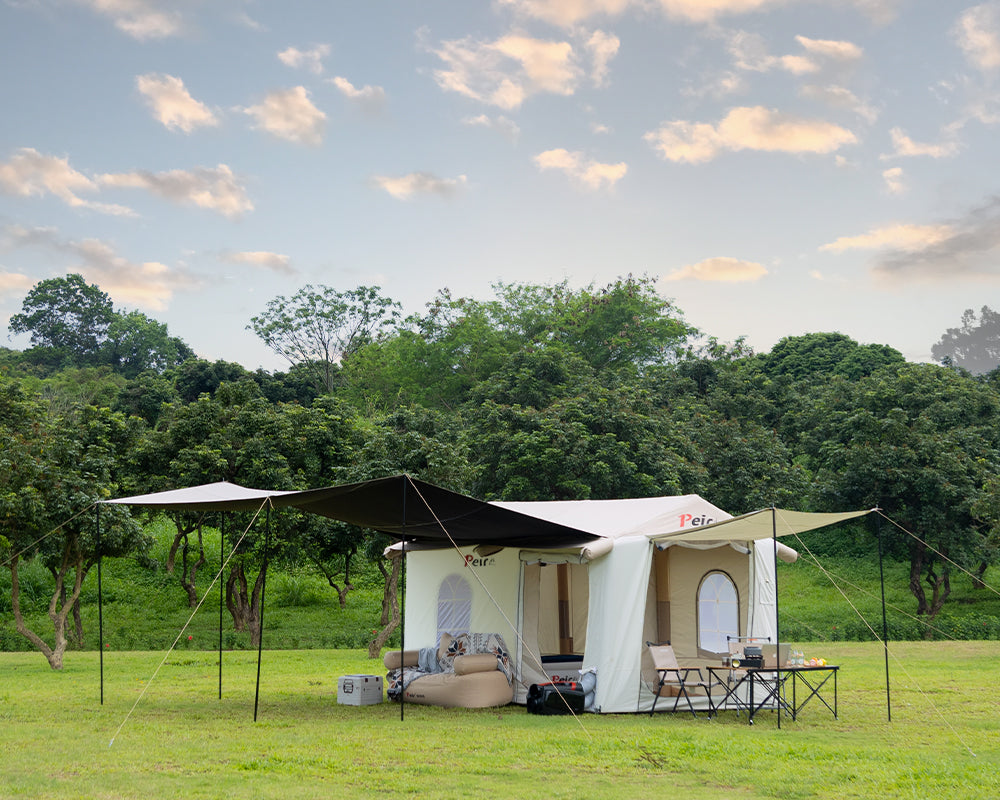For those who enjoy outdoor adventure, camping is one of the most exciting activities you can do.
Whether it's a weekend getaway or a multi-week adventure, a suitable tent is essential to ensure a comfortable and safe experience.But how do you choose the ideal tent? In this article, we'll explore the key factors to consider when choosing a tent for camping.
1. Size
The size of the tent is one of the most important factors to consider. It should be large enough to accommodate all the campers and their gear, but not so large that it is difficult to transport and set up. The size of the tent should also be considered based on the climate in which you will be camping.
If rain or strong wind is expected, a larger tent will be needed to provide additional space for gear and to prevent the tent from feeling claustrophobic.
2. Design
The design of the tent is also important. There are several designs available, from dome tents to tunnel tents to tent tents. Each design has its advantages and disadvantages, and the choice will depend on the needs of each camper.
Dome tents are easy to set up and are ideal for mild weather conditions. Tunnel tents are more wind-resistant and are ideal for more extreme weather conditions. Tent tents are the largest and most comfortable, but they are also the most difficult to set up and transport.
3. Materials
Tent materials are another important factor to consider. Nylon tents are lightweight and easy to transport, but they are not as strong as polyester tents.
Polyester tents are stronger and more durable, but they are also heavier and more expensive.
It is also important to consider the tent floor material. Nylon floors are lighter but less water resistant, while polyester floors are more water resistant but heavier.
4. Ventilation
Ventilation is essential to keep a tent comfortable and condensation-free. inflatable camping tents with mesh windows and zippered doors allow for good ventilation and proper air circulation.
It is also important to consider the location of the tent in relation to the wind direction. The tent should be positioned so that ventilation is optimal and condensation buildup is prevented.
5. Camping Style
Camping style is also an important factor to consider when choosing a tent. If you plan on camping in a remote location, you will need a sturdier and more durable tent.
If you plan on camping in a campground park, you may want to opt for a lighter and easier to transport tent. It is also important to consider whether you plan on camping in a hot or cold climate, as this will affect your choice of tent.
6. Budget
Last but not least, budget is a factor to consider when choosing a tent. Tents range in price from under $100 to over $1000.
It is important to set a budget and look for a tent that fits within that budget.
It is important to remember that a higher priced tent may be more durable and sturdy, but you don't always need to spend a lot of money to get a quality tent.
Choosing a suitable tent is essential to ensure a comfortable and safe camping experience. By considering size, design, materials, ventilation, camping style, and budget, one can find the ideal tent for every situation. With a suitable tent, one can enjoy the beauty and excitement of nature without worry.






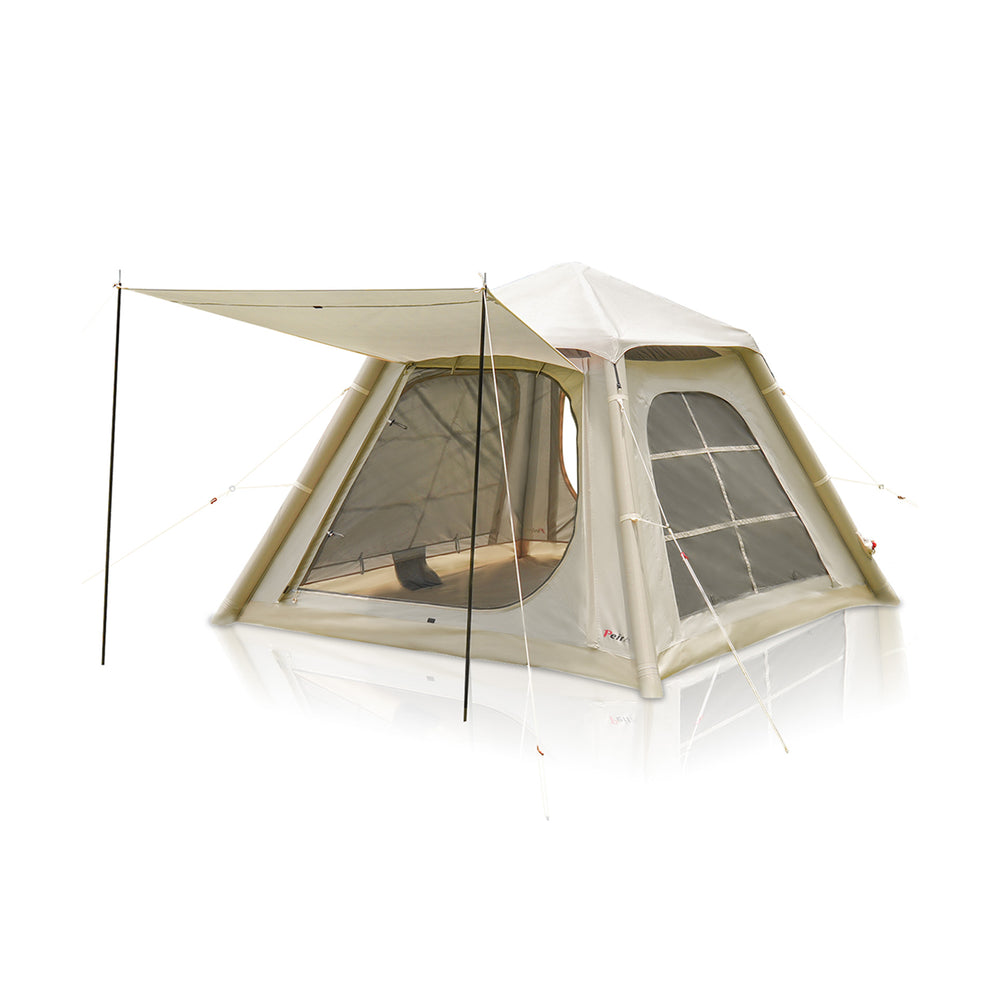
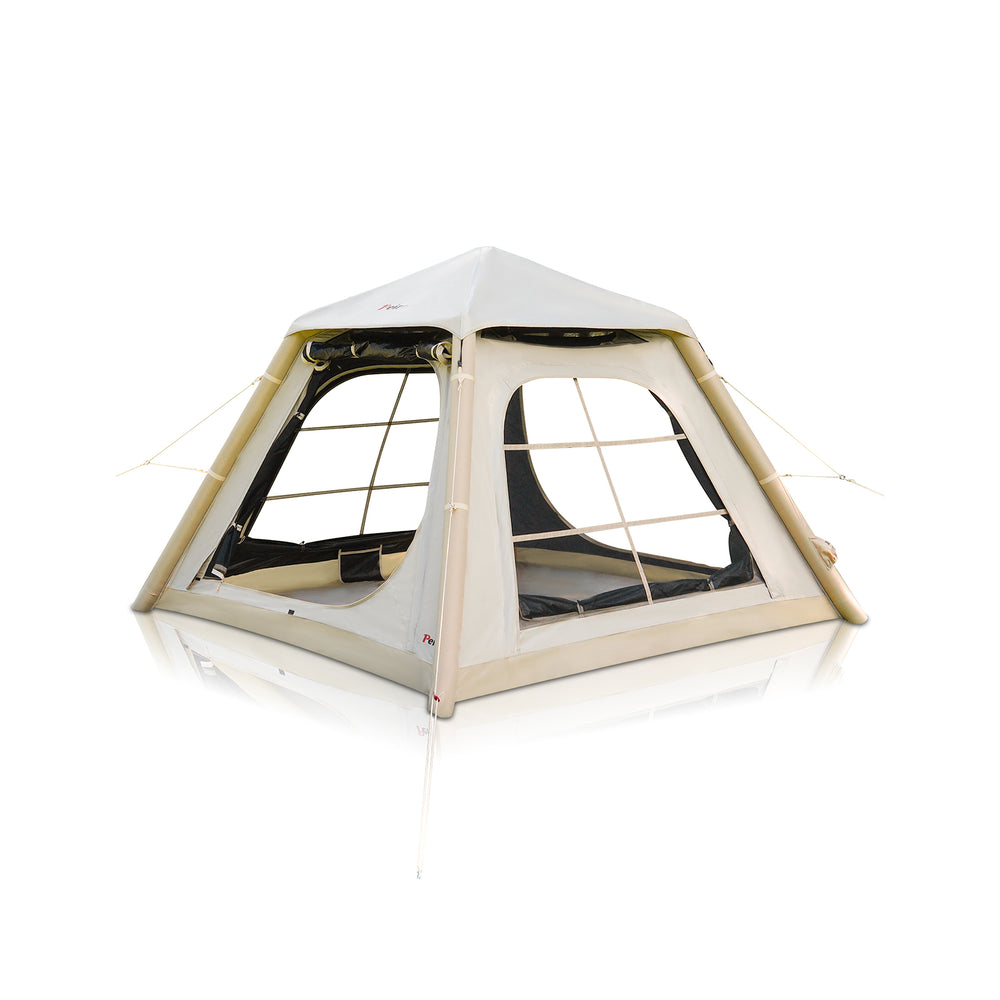
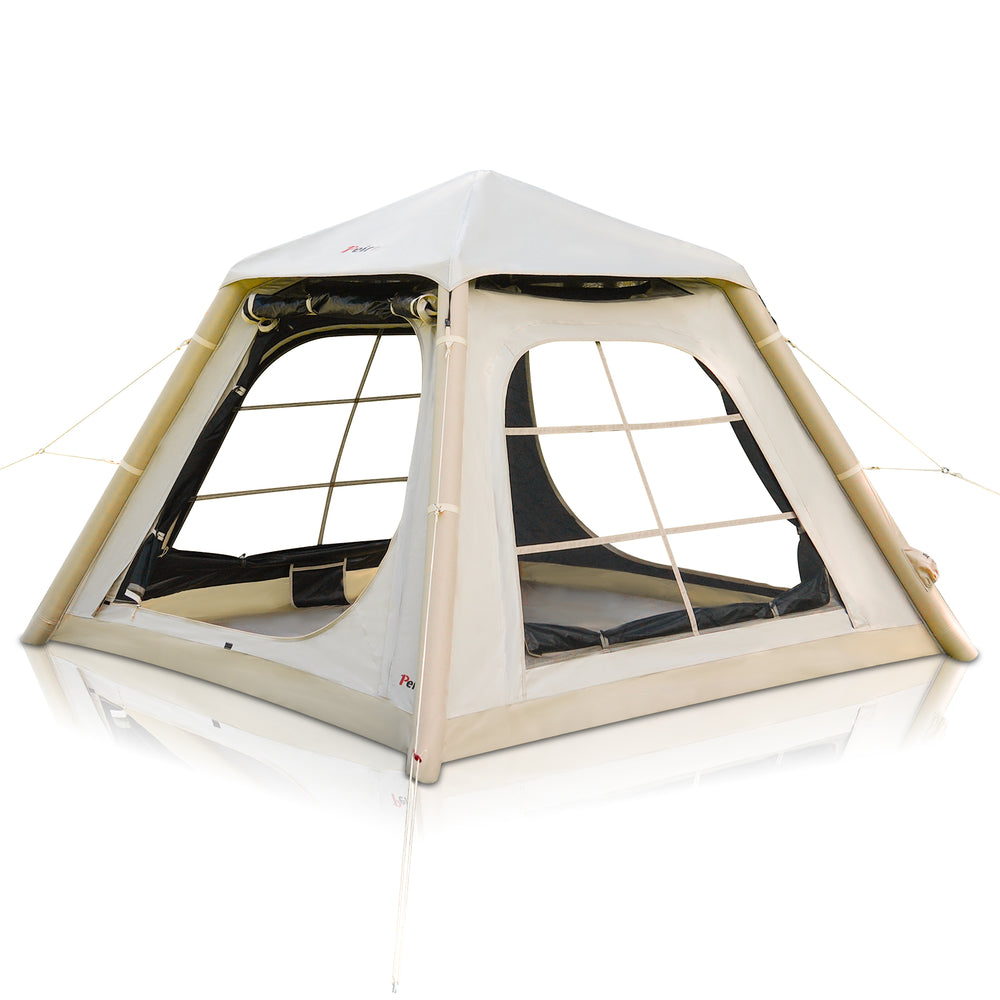
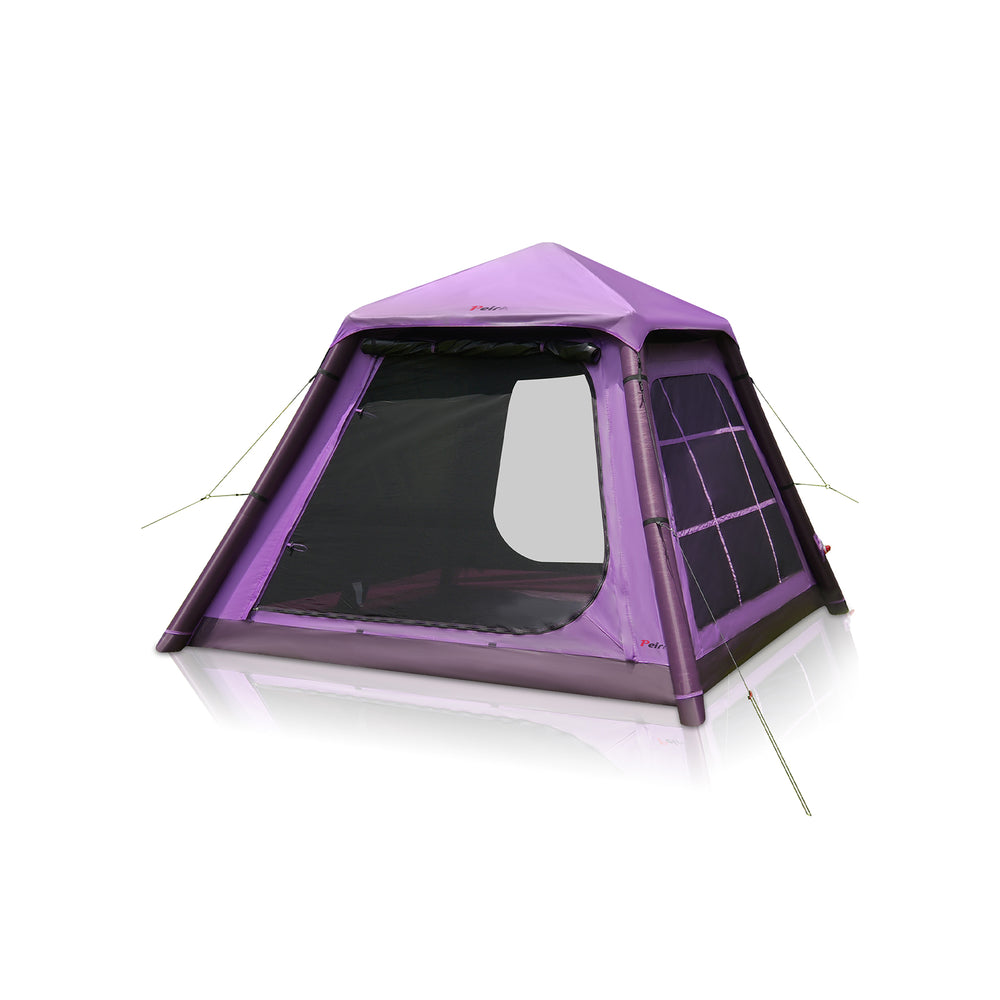


 Peirhw Inflatable House Tent - Starry Night Love
Peirhw Inflatable House Tent - Starry Night Love
 Peirhw Glamping Tents - Friendship Castle
Peirhw Glamping Tents - Friendship Castle
 Peirhw Inflatable Canopy Tent - Adventurer
Peirhw Inflatable Canopy Tent - Adventurer

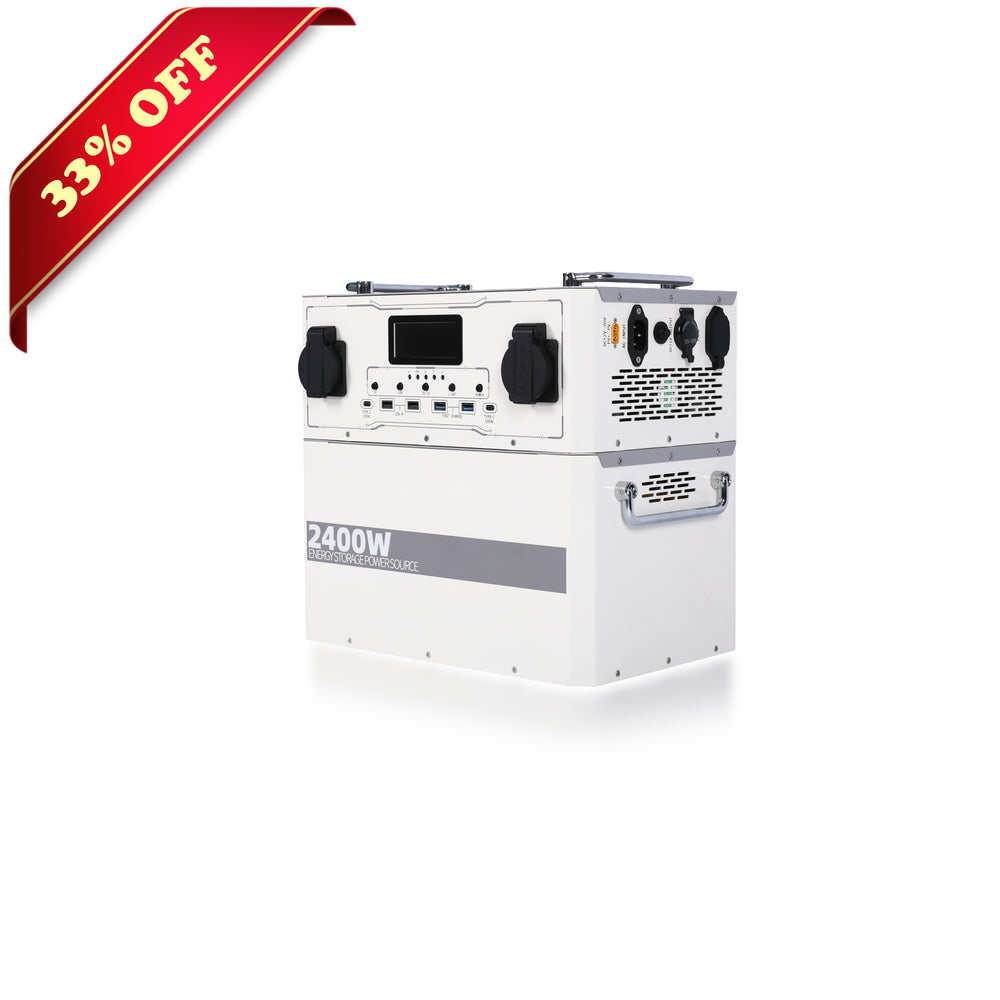
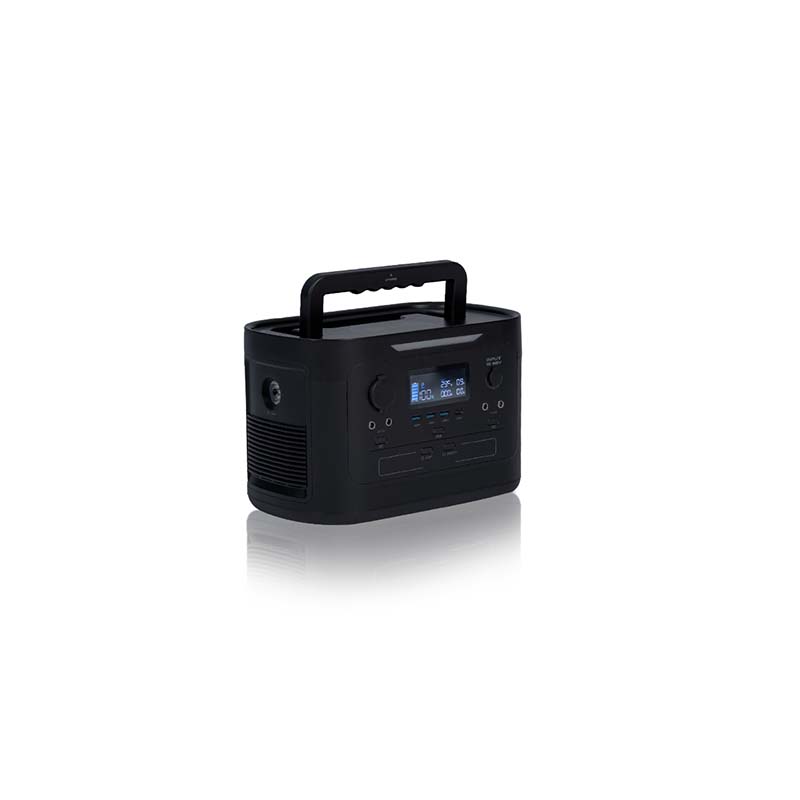
 Peirhw Portable Air Conditioner
Peirhw Portable Air Conditioner
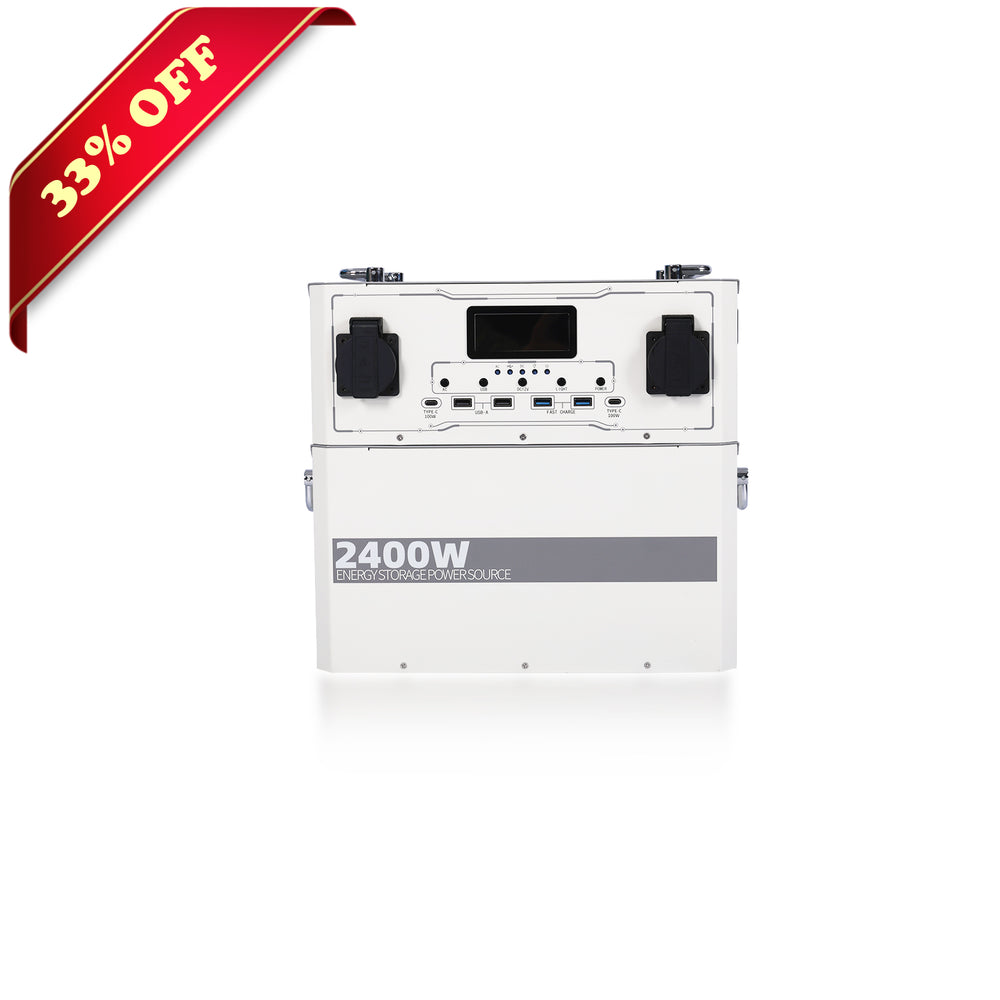 【Advance Sale】Peirhw Portable Power Station 2400W
【Advance Sale】Peirhw Portable Power Station 2400W
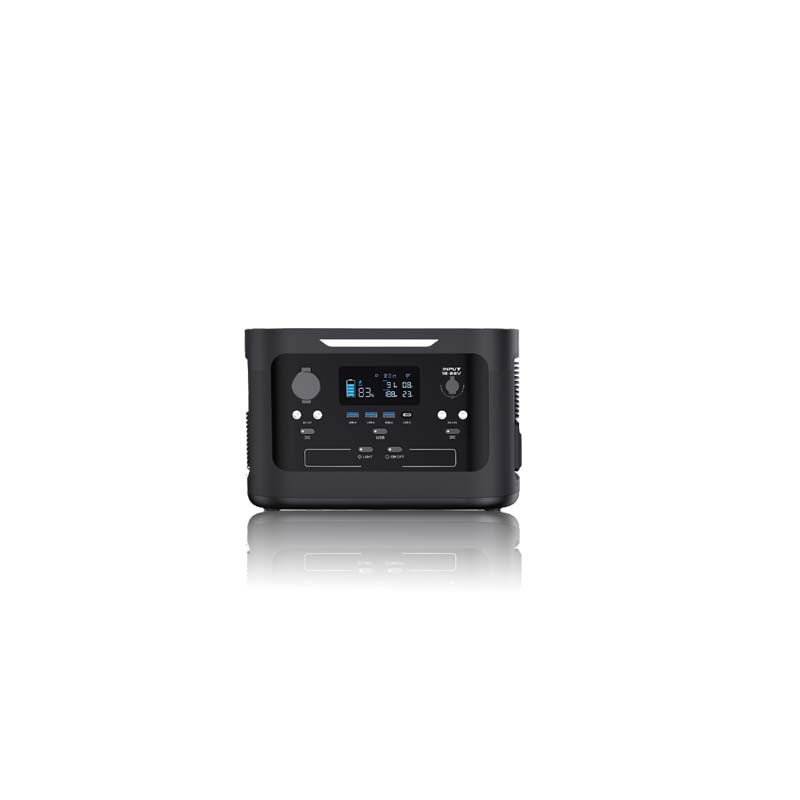 【Advance Sale】Peirhw Portable Power Station 600W
【Advance Sale】Peirhw Portable Power Station 600W





 Peirhw Self Inflating Sleeping Pad
Peirhw Self Inflating Sleeping Pad
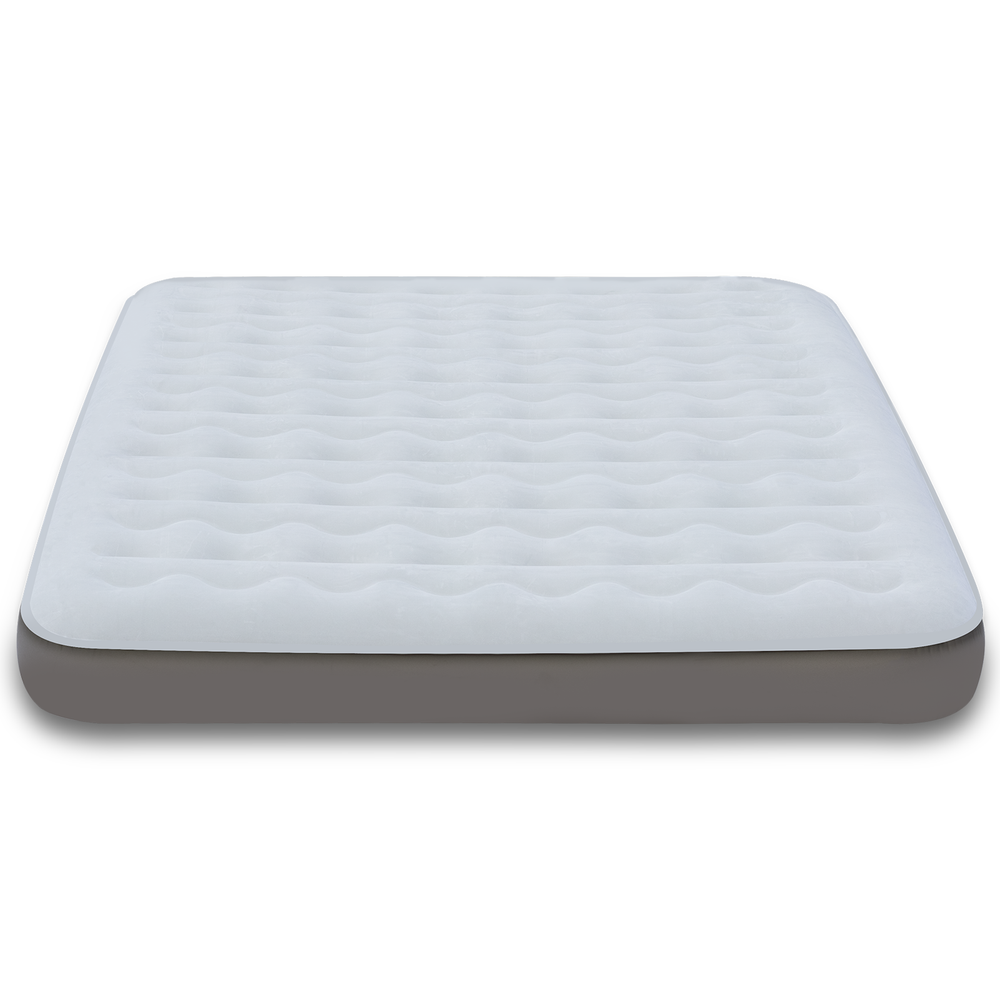 Peirhw Air Mattress (8" Queen Type)
Peirhw Air Mattress (8" Queen Type)
 Peirhw Camping Sleeping Bag
Peirhw Camping Sleeping Bag

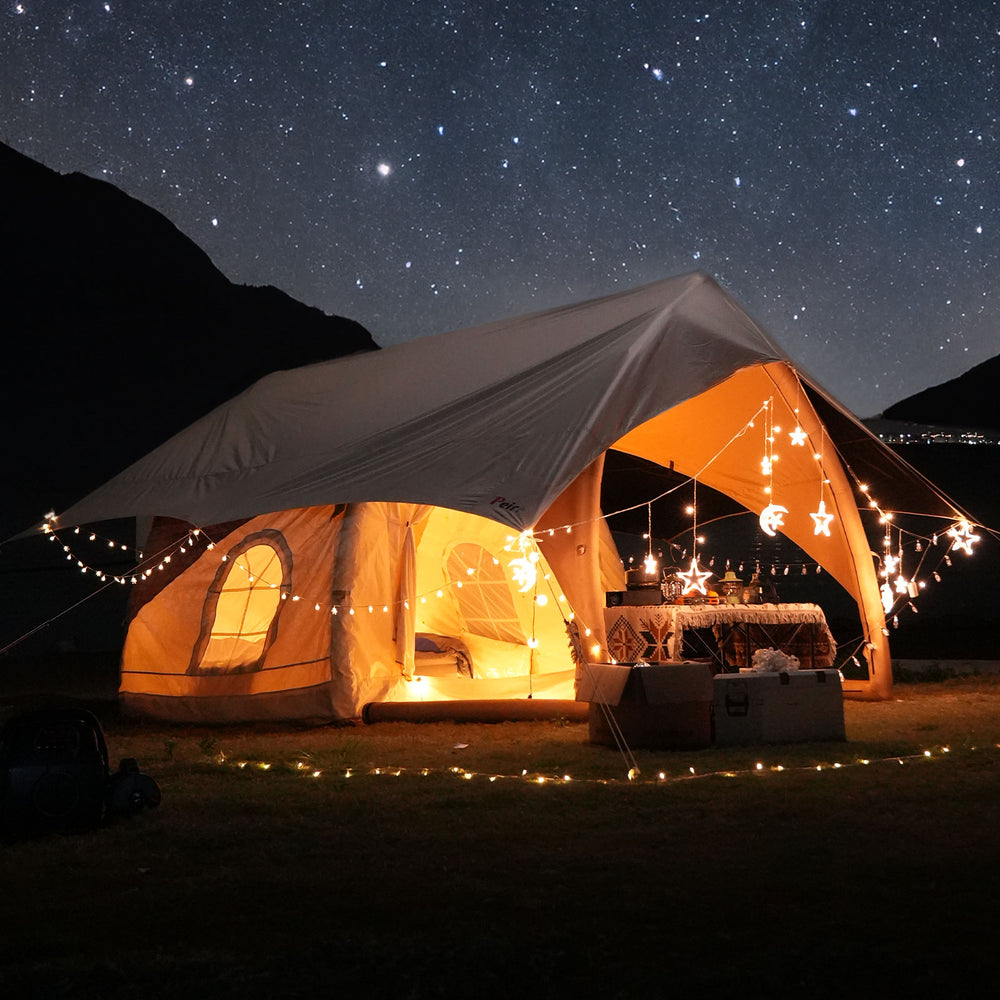
 Peirhw Butterfly-shaped Canopy for Camping
Peirhw Butterfly-shaped Canopy for Camping
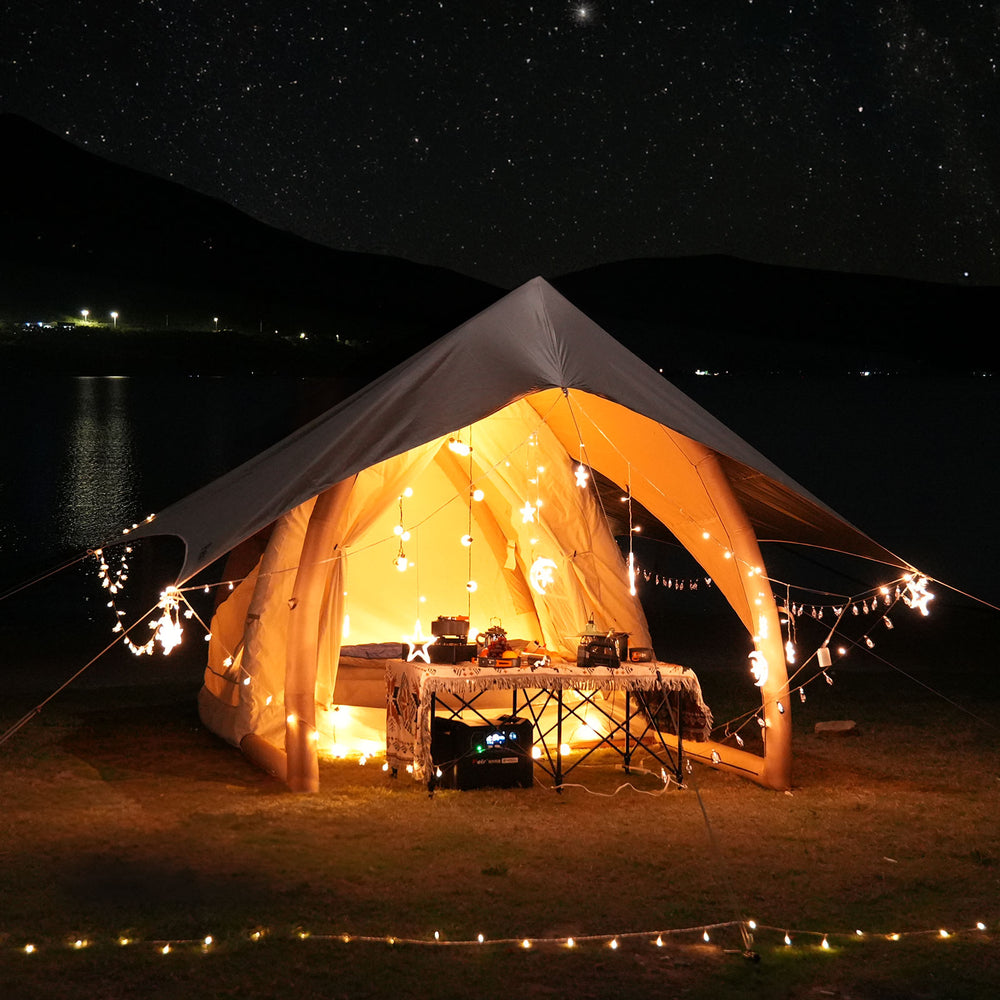 Peirhw Camping Waterproof Canopy (Cannot be Purchased Separately)
Peirhw Camping Waterproof Canopy (Cannot be Purchased Separately)

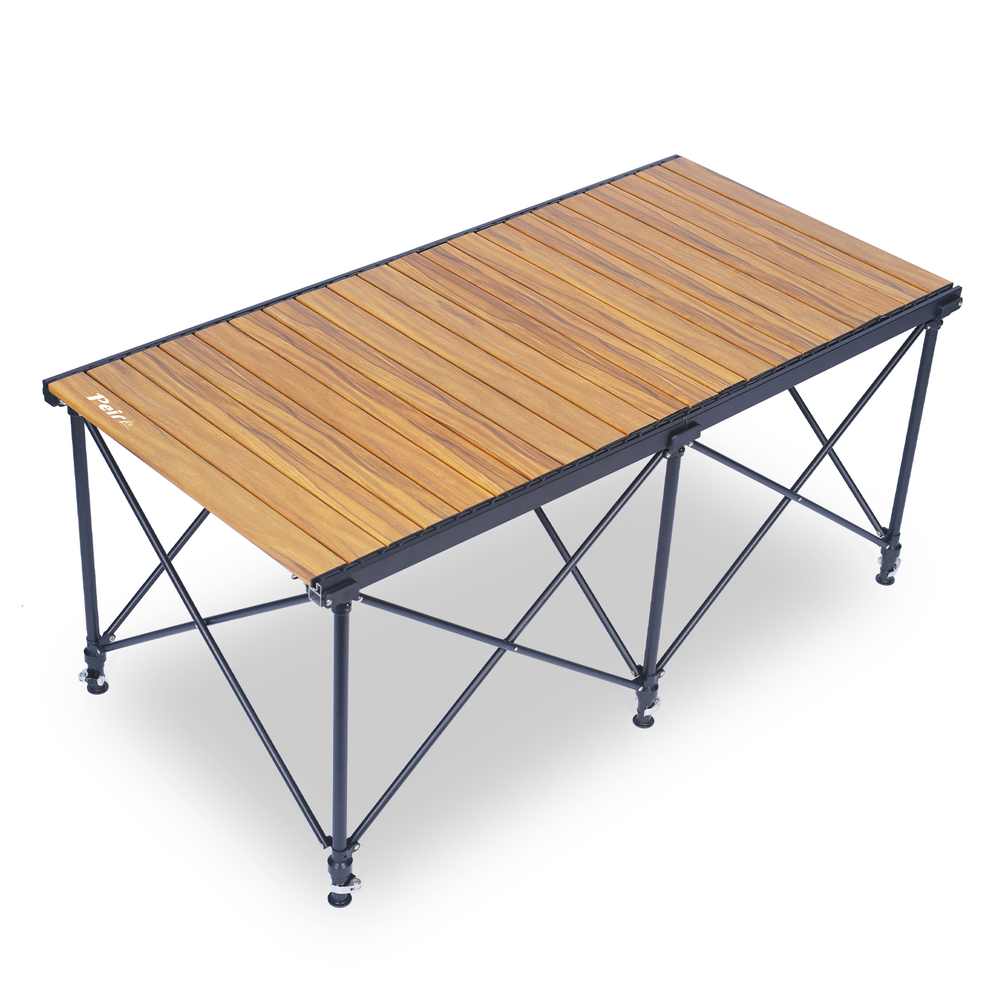
 Peirhw Outdoor Folding Chairs
Peirhw Outdoor Folding Chairs
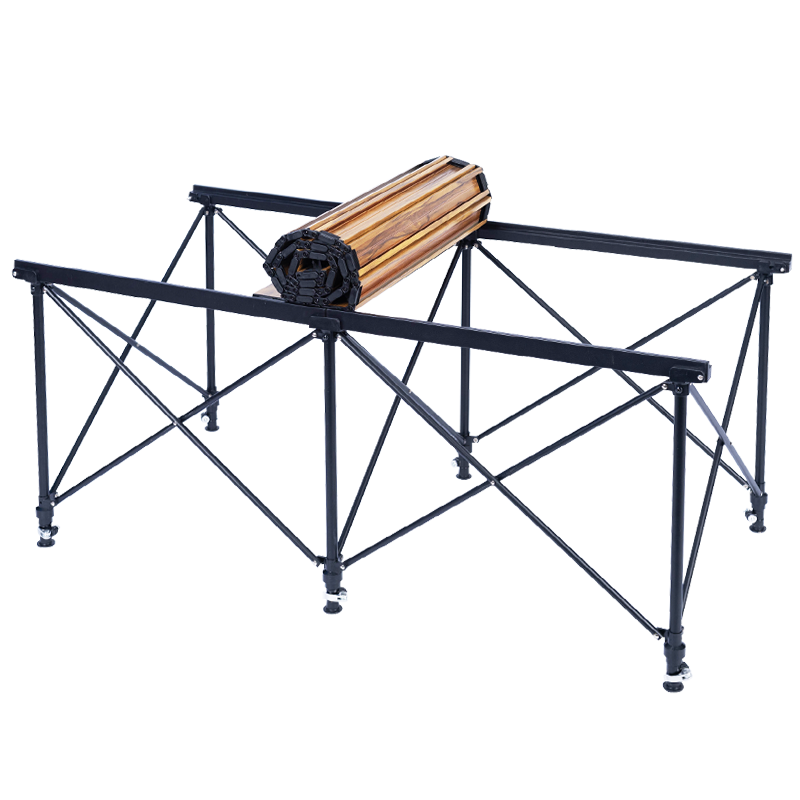 Peirhw Folding Camping Table
Peirhw Folding Camping Table





